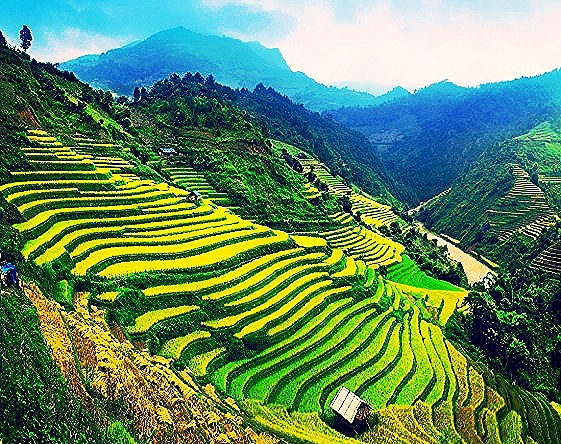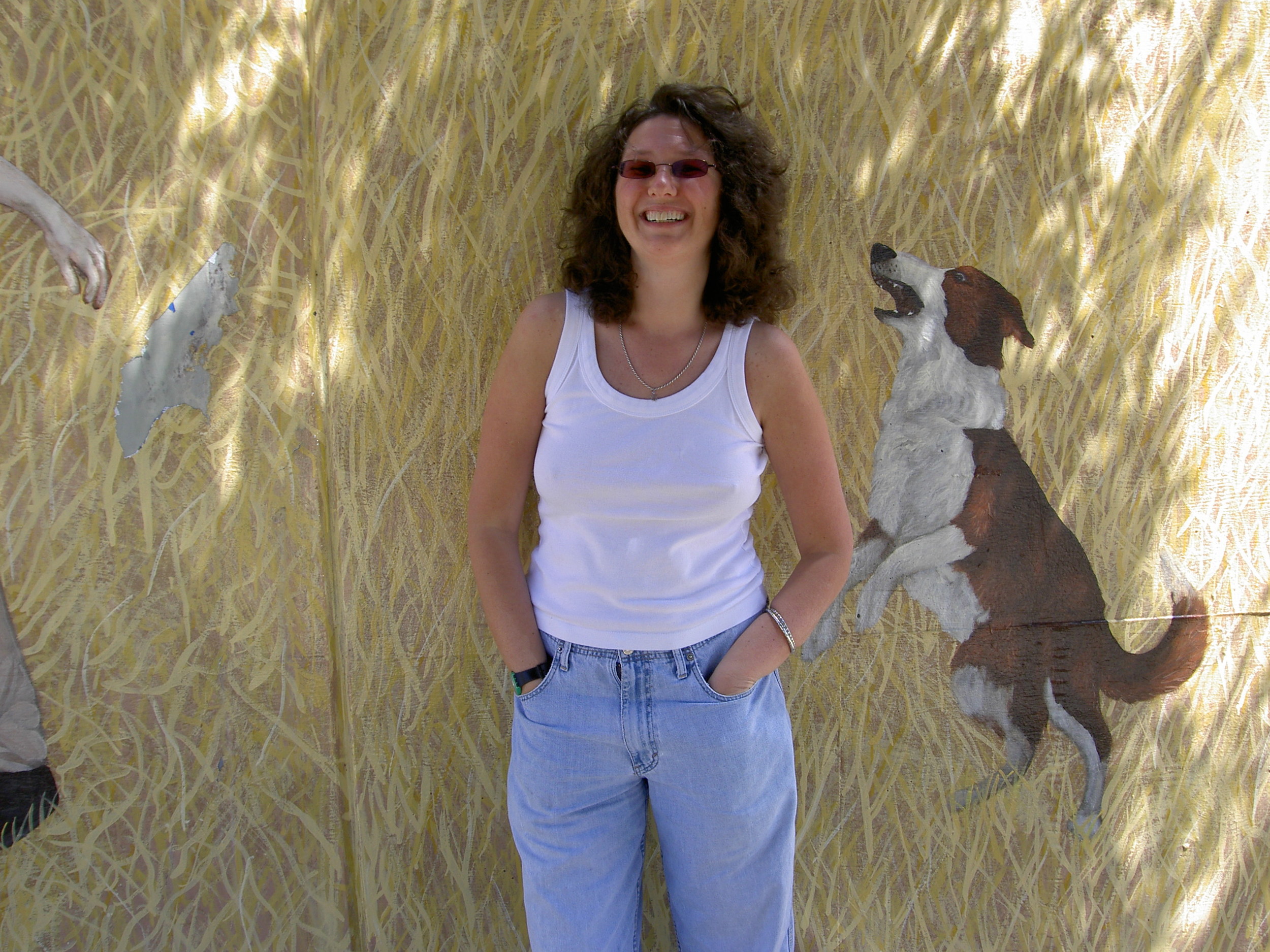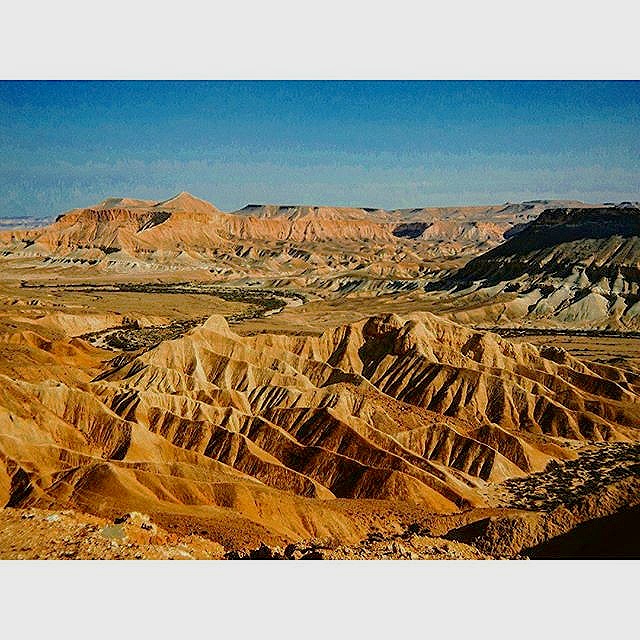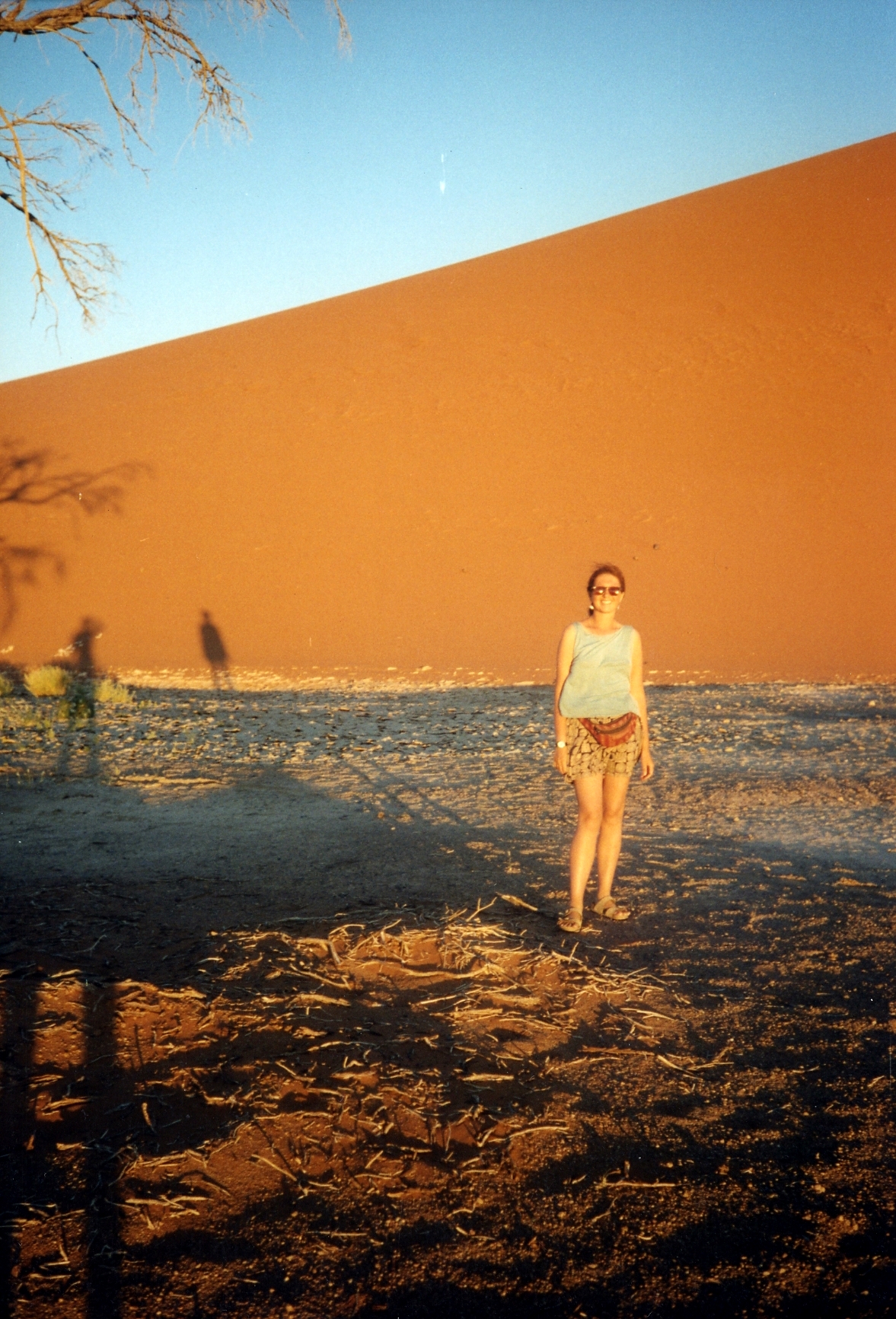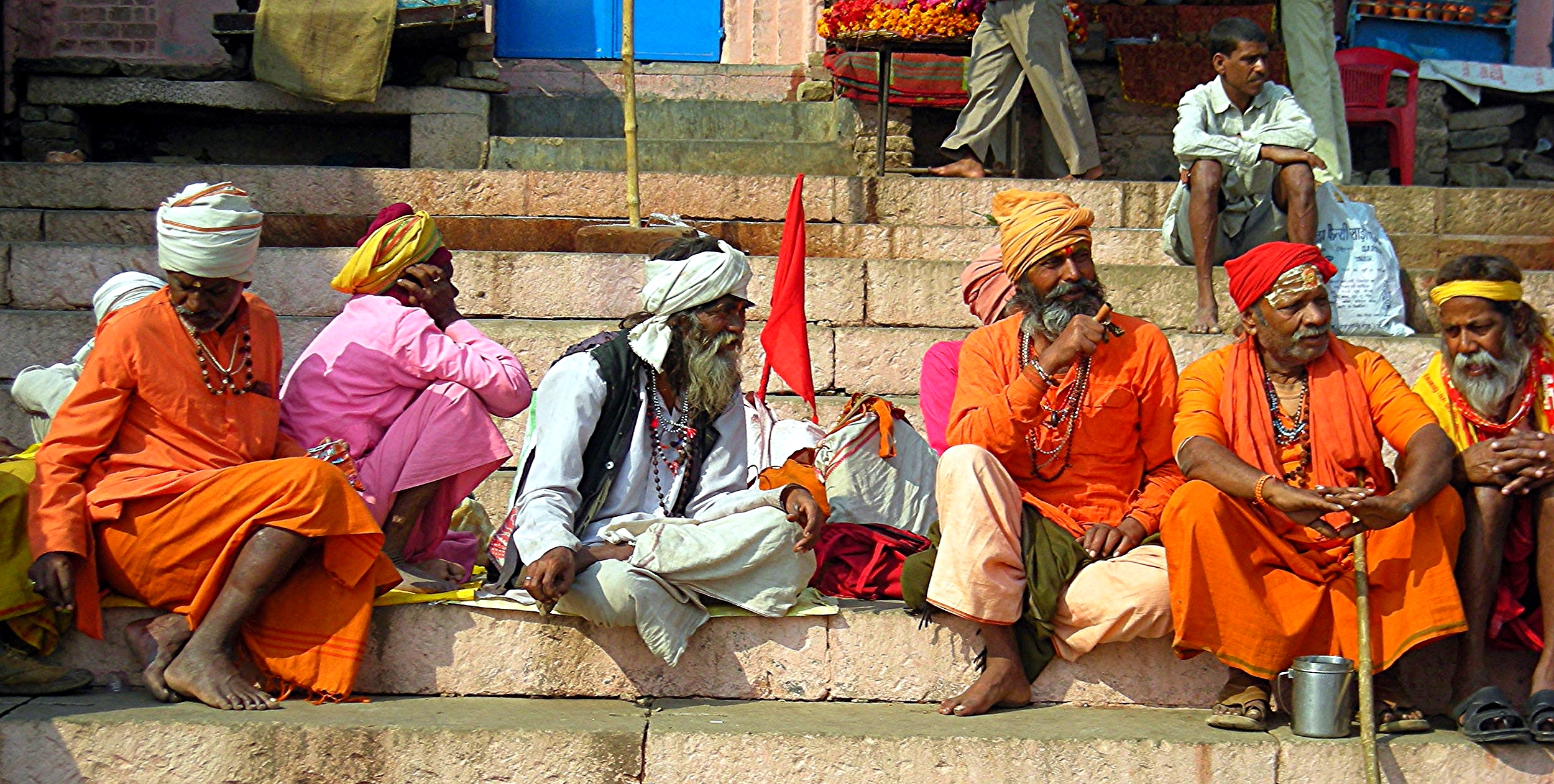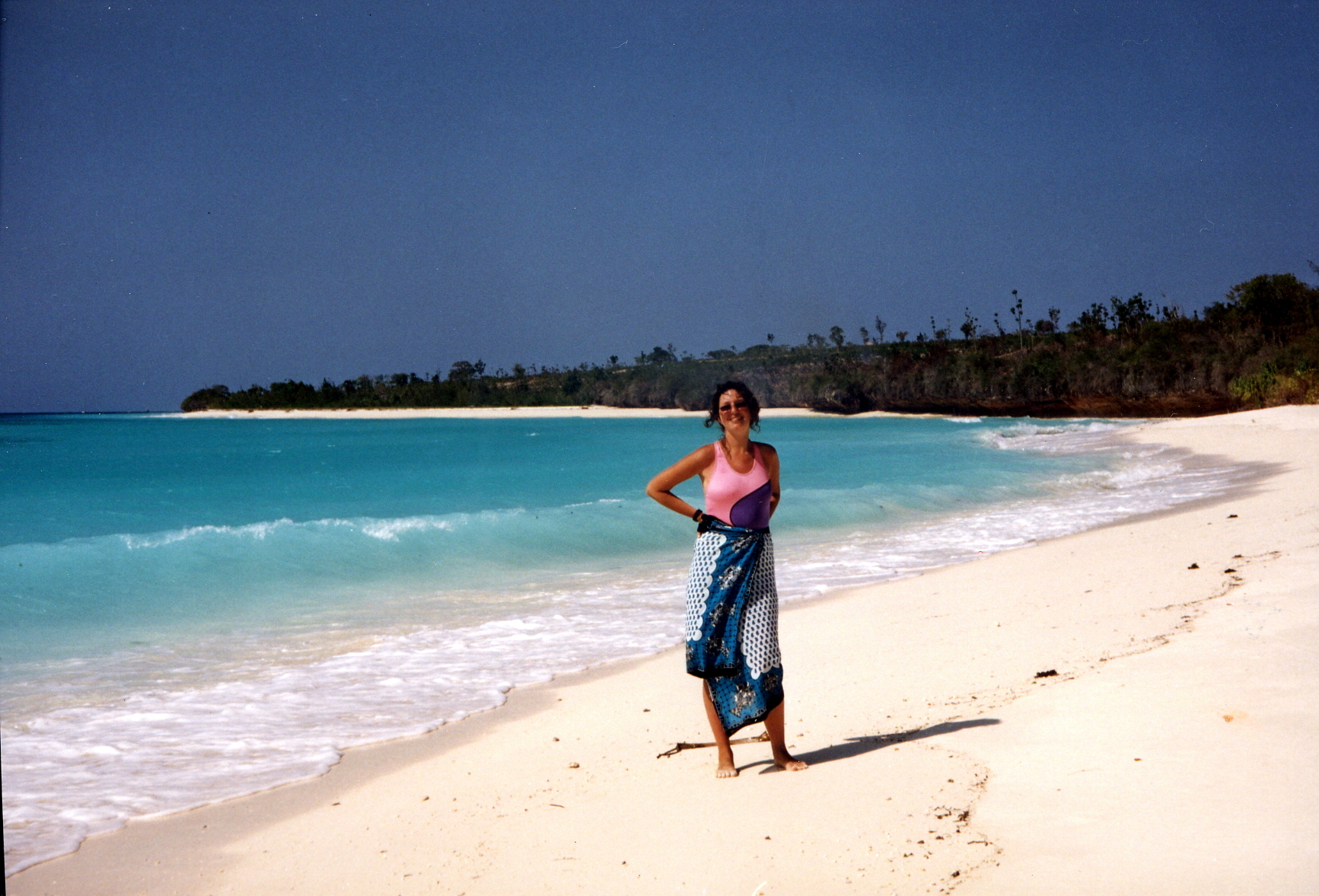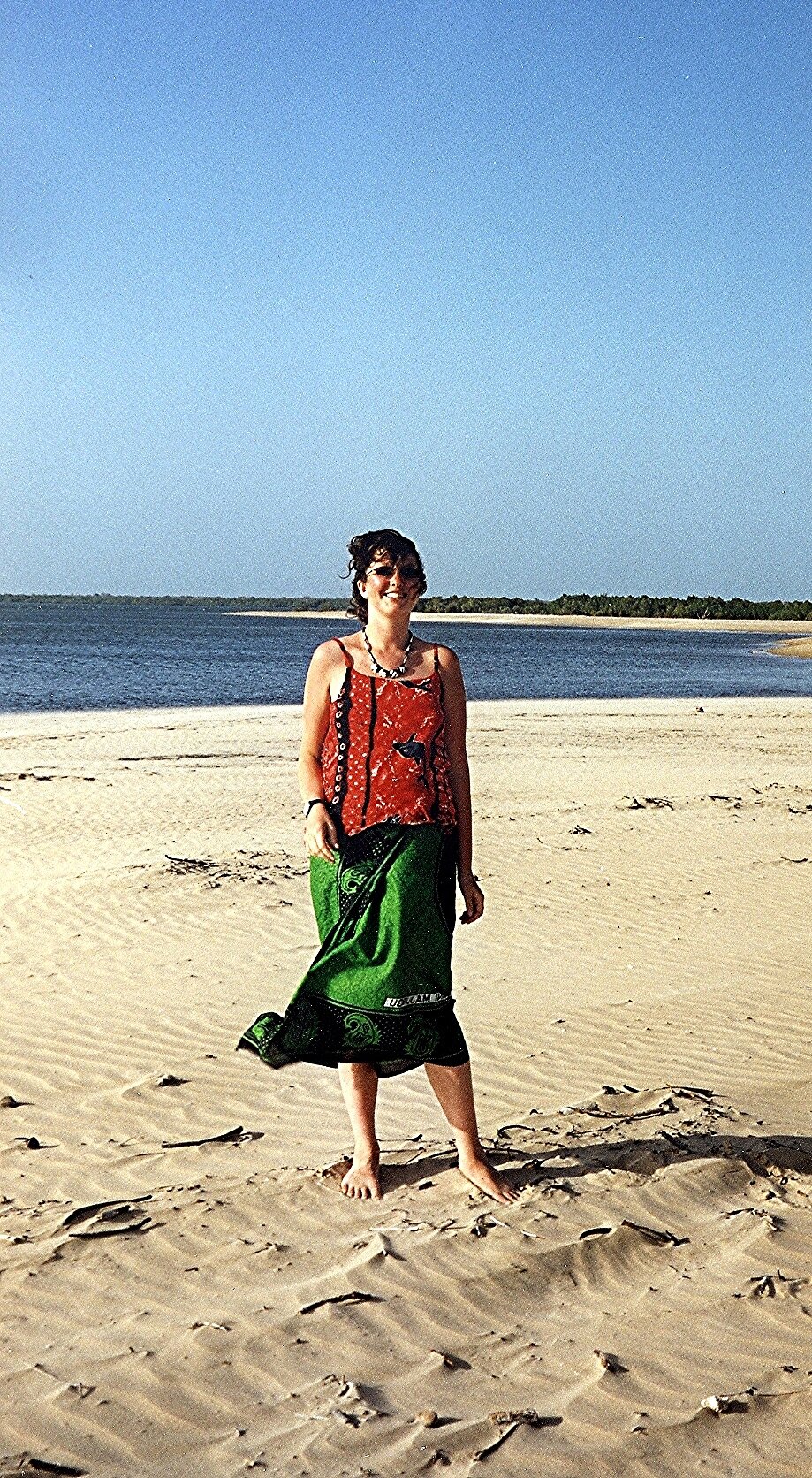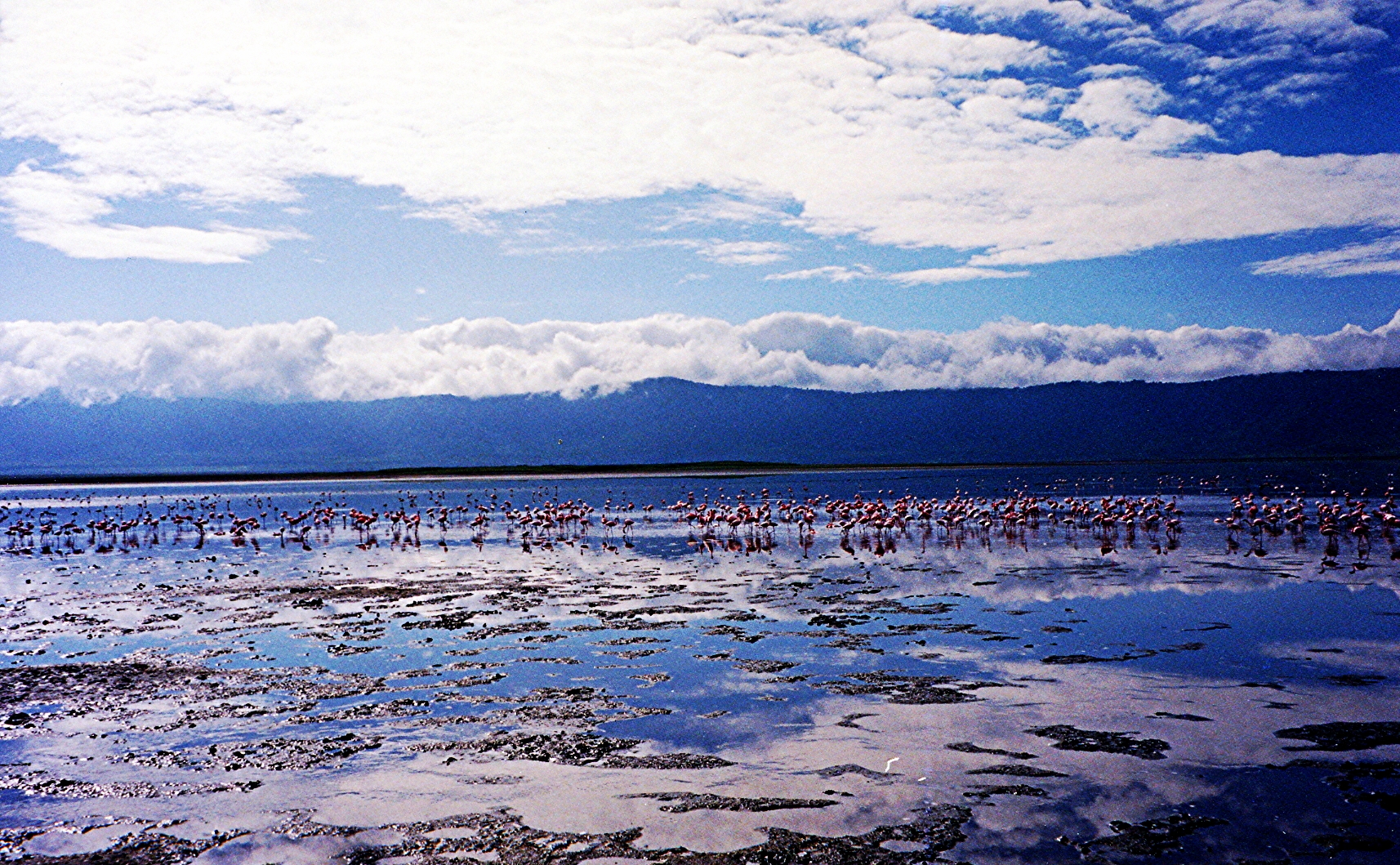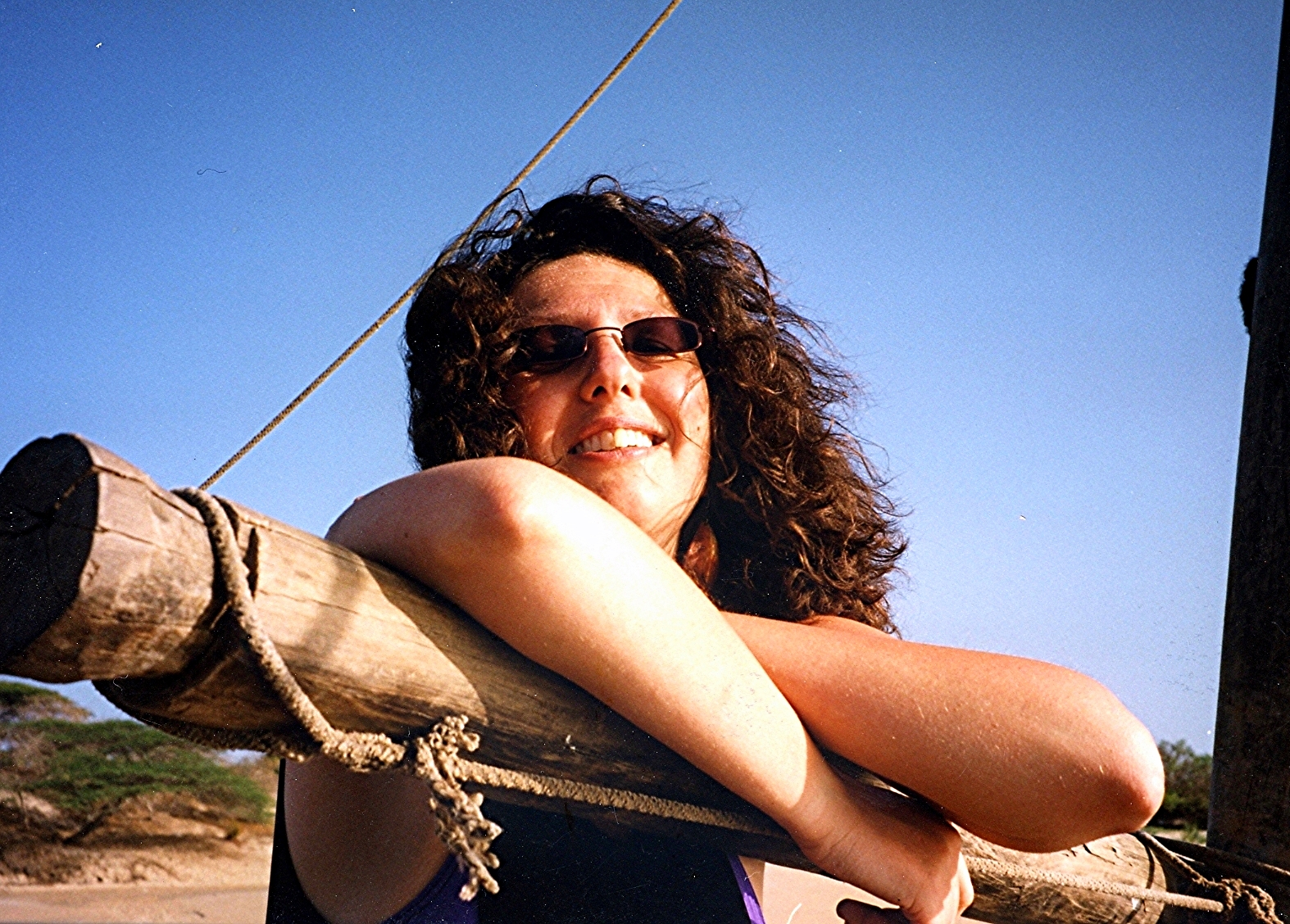I have come to the conclusion that letters touch the soul - both when written and when received. After all, reading a letter is a completely emotional experience. Every person’s handwriting is different, just as is their DNA. A letter cannot be replicated (unlike an email). The ink smudges, the crossed out words, the creased sheets of paper, the stamp on the envelope. Every letter I have in my boxes is a one-off, never to be replicated. ..
As an editor and writer, and a woman who is constantly travelling, I have come to appreciate the joy of email, WhatsApp, Instagram and Wikipedia and how it keeps me close to those I love, in whatever far flung part of the globe they reside. But I would be lying if I said I didn’t have regular pangs of nostalgia, for landlines, libraries and - most of all - letter-writing…
The following day, my ankle’s very swollen, and now shades of purple and green. I tell myself it’s just bruised and spend 24 hours reading, hobbling to the kitchen and elevating my left leg. But the pain doesn’t go away. After two days, I admit defeat and take a cab to the nearest hospital. It’s a state-run Thai establishment and a teaching hospital so, in my opinion, I’m likely to get good treatment. Since I have travel insurance, the cost is not what’s bothering me…just the diagnosis.
OK, let’s cut to the chase. What’s it like to be out on the streets during Songkran?
Well, to sum up, I’d say that all you can do is adopt a ‘fight or flight’ motto. Essentially, you have to prepare to get drenched. And I mean drenched. Venturing out onto the streets, I quickly realise I’m not properly dressed (yikes, I should have donned a waterproof jacket and wellies!) There are water wars everywhere - both locals and tourists seem to be armed with huge plastic waters guns and no-one is safe…
The park itself is divided into different zones, all offering the visitor a variety of experience, You'll see sculpture and art installations as you walk along, and one particularly area has beautifully-maintained gardens, where trees and flowers native to Thailand all flourish, Even better, benches have been placed - strategically - all along the route, meaning you can rest your weary legs at intervals, or simply sit to pause and reflect….
But the blue one is the longest, and will get you to all kinds of places, for the princely sum of 17-45 baht ($0.50-$1.25) depending on how far you’re going. It’s incredibly modern, super convenient and blessedly air-conditioned (on some days, it’s positively frigid in those carriages!) It’s also clean, comfortable, gives announcements both in Thai and English (spoken and written) and there are seats set aside for the elderly, the disabled, pregnant women and - wait for it - monks. Amazingly, no-one who shouldn’t sits in these seats, even at rush hour…
Children are running up and down the carriages, the fans are creaking, it’s really quite uncomfortably hot by now but - still - it’s not the worst journey I’ve ever undertaken in Asia (think livestock being dumped in my lap in Malaysia, or the kid that threw up on my backpack, long ago in Java). Nevertheless, the idea of air con is distinctly appealing and I’m already dreaming of arriving at my fancy pad in Sathorm (cat sitting for a week week, in a bourgeois part of Bangkok, staying in a fancy apartment with a concierge and swimming pool to boot…)
I keep drinking water, and every time a local seller alights the train at one of the numerous stops we’re making, I buy a fruit juice, a can of soda or a coconut water. The sun is a beast in this part of the world and dehydration can be miserable.
By 2pm, my eyelids are drooping, like many other passengers, and despite my best efforts to read a few pages, I’m constantly nodding off, waking up only when the train gives an occasional jerk.
Inspired by a few bloggers who’ve written about their train journeys from Laos to Bangkok, I decide that this is what I’m going to do. I have a book, a diary, and time to spare. And Thai trains (from my previous experience) are really not that bad. Throwing caution to the wind, I decide to travel via Khon Kaen (a university city) and Nakhon Ratchasima (not known for anything in particular) And I’m going to ride on local trains…after all, they’re cheap, run regularly and I’m bound to have my curiosity piqued.
This place is perfect someone like myself (who loves antiques, vintage markets, thrift stores and junk shops) to explore. It is cornucopia of treasures - old typewriters, vintage teapots, Dutch clogs, a ‘casino style’ card machine, a mannequin adorned with flower garlands, old tv sets, a ‘wooden bicycle’ and a bust of a Thai politician (who he was I have no idea)...
I wander around (backpack and all) for a few minutes and - sure enough - I soon spy a terminal that says ‘First Bridge’. No-one speaks much English but the driver manages to communicate with me, in a haphazard way, that this vehicle is, indeed, setting off the border, in about 25 minutes…and for the princely sum of just under $1 I can hop aboard. Hop aboard I do and get out my book as the bus slowly fills up. I’ve been told that plenty of people in Laos have visas that allow them to cross this border easily (relatives on the other side or perhaps work contracts?) and by the time we pull out of the station, it’s pretty crowded...
It’s a beautiful spot, surrounded by limestone mountains, dense forests, caves and a lagoon, rice fields and picturesque views that will make you sigh. For those who love the outdoors, you could really settle in for a while - lush greenery, hiking paths, the Tham Pu Kham (‘Blue Lagoon’) cave with its reclining Buddha inside, taking a pricy ride up in a balloon at sunrise or, as I did, hiking a mountain trail one morning and kayaking down the river the next afternoon. ..
The station itself is enormous, modern, glittering, all glass and Chinese platform attendants (all donning masks) who - 15 minutes before your allotted departure - direct you to your assigned seat. The train’s exterior is glossy, with tinted windows and in some odd ways it reminds me of journeying by Eurostar from London to Paris, save for the faint smell of damp in my carriage! The doors slide shut, automatically, 30 seconds before departure and, bang on time, we’re off...
I’ve loved being here but I can’t help feeling uncomfortable because the cultural identity of this town seems to be in serious danger. At the beginning of my trip, I met a cool Dutch couple who’d been cycling around Asia for 18 months. They’d travelled all across Laos and seen the abject poverty. In their words, this place was nothing short of Disneyland. But money talks and as more and more people rock up in Laos, looking for a ‘unique travel experience’ this idyllic spot won’t be idyllic for much longer...
Asking what was wrong, she was told that they’d almost run out of rice, which meant they couldn’t serve customers. The only way to make sure they got through the evening was by buying more, but they didn’t have the funds. Could they borrow something from her? “How much did they need?” I asked Rachel. “20,000 kip,” she replied. “Just under a dollar. Of course, I subbed them. They took the money to another stall, came back with a huge pot of rice and soon they were back in business.”
Today tens of thousands of UXO (‘unexploded ordnance’ aka explosive weapons that did not detonate) remain, continuing to maim and kill people. As I wander the small museum, there are examples of these weapons everywhere - including ‘cluster bombs’. These exploded before they hit the ground, opening up and throwing out smaller bombs named ‘bombies’. Around 30 percent never exploded. And since these bombs are still live, 20,000 Laotians have died since 1973, with it being estimated two weeks someone in Laos is killed (or horribly maimed) as a result of accidentally stepping on a UXO…
On you wander and then suddenly, the first glimpse of water. Wow! Pools that are crystal, clear, a fabulous shade of turquoise, surrounded by lush greenery and plenty of shade. Geologists call this type of falls ‘travertine’ - a type of limestone formed when mineral-rich rivers, lakes and spring water evaporate). The water cascades down, from one to the next and it’s just staggeringly beautiful.
So much so that words don’t do it justice.
What am I doing? Exploring the Wats, strolling the streets and spying local school kids at play in their break, eating street food at the Night Market, exploring the backstreets close to the Mekong River…taking long afternoon naps in my guesthouse…reading up on the history of this little-known part of South East Asia….falling into conversation with locals and appreciating just how gracious, respectful and charming they are…wandering the night market and gazing at the brightly-colored lanterns…
Day Two was entirely different. It left me humbled and grateful. Humbled at the local Laotians who sat on the floor of the boat for hours, not once complaining. And grateful for what I have - the time and money to travel the world, a profession that I don’t just make money from but I actually enjoy and the sense of freedom - to be a solo woman, on the road, with no-one to hold me back and a credit card and stash of US dollars for emergencies…
If I’m honest, personally I’d have to say ‘yes’ to the boat ride. Despite all the difficulties, It was a great adventure. It gave me the chance to see life along the Mekong river- a chance you simply don’t get if you fly or drive across Laos. It was also a chance to ‘switch off’ from daily life because all I could do was read, nap, look at scenery, take photos on the boat and talk to other people. many people, like myself, engrossed in a good book…
Unlike yesterday, this day passes agonisingly slowly. My back aches and the seat is uncomfortable. It’s blisteringly hot outside and the humidity must be over 70%...there’s a little breeze but not enough. All of the elan of yesterday is gone, especially because we’re stopping constantly to let locals jump on and off. I offer the seat next to me - in the next few hours - to an old man, a young woman with a baby, and then a teenager who proceeds to call his friend over. The two of them plonk themselves down inone space and are soon spilling over into mine…
Who am I?
"...the last 20 years have seen me 'lost' in Nepal, China, Malaysia, and Indonesia and I've hitchhiked both through Southern and Eastern Africa, dived in the Yucutan peninsula of Mexico and journeyed down the eastern coast of Australia. Living in the United States, road trips were a must and I also found time to journey to India, China and Central America..."
What I'm Reading
"In 1997, I was poking around in second-hand bookstores, looking for good reads to take with me on a trip to East Africa. I stumbled upon a dog-eared copy of Michael Crighton's 'Travels' and purchased it for $1.25. Little did I know that it would become one of my favourite books and that I'd re-read it so many times that, finally, I'd have to go out and buy a new copy, 18 years later..."
Misadventures
"I was walked down a long, narrow corridor, at the bottom of which was a door with bars. Sick with anticipation, I willed them to keep walking on. They stopped, and one unlocked the door. With a rough shove, the other pushed me inside. It was a cell. A small damp cell with thick walls and nothing but a tiny window at the top of one wall.."

























